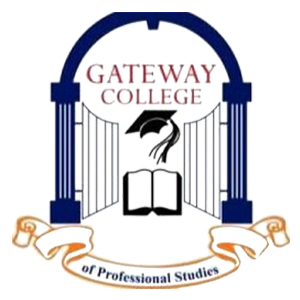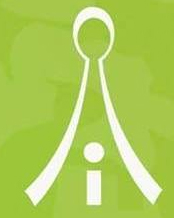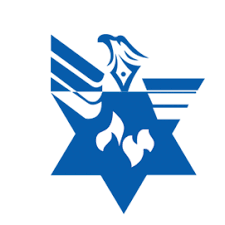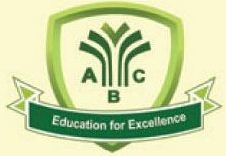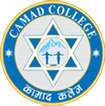Overview
Bachelor of Hotel Management (BHM) at GoldenGate International College, Battisputali, Kathmandu
BHM at GoldenGate International College, Battisputali–Old Baneshwor, Kathmandu, follows Tribhuvan University rules for curriculum and examinations. The program brings hotel operations, service standards, culinary foundations, and hospitality accounting into a four-year study path.
Students learn front office, housekeeping, food and beverage service, and production in campus labs while building communication, hygiene, and documentation habits. Your study links classroom concepts with practical labs and industry exposure scheduled within the academic calendar.
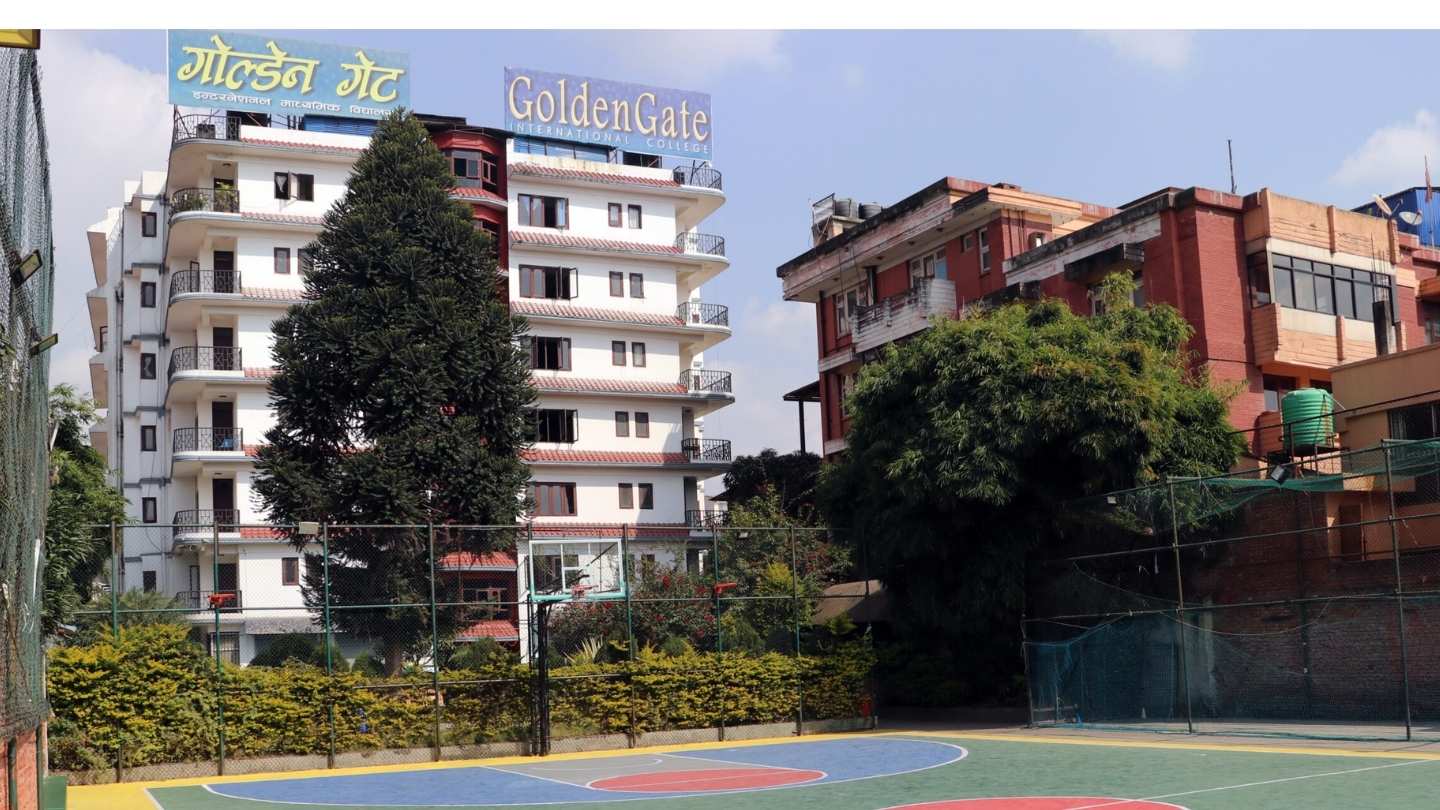
Highlights
Affiliation: Tribhuvan University
Duration: 4 years (8 semesters)
Academic Area: Front office, housekeeping, food and beverage service, culinary practice, hospitality accounting, sales, events, and law
Location: Battisputali, Kathmandu
Evaluation: Internal assessments and practicals; TU theory and practical boards
Learning Support: Training restaurant, production and bakery labs, front-office simulation, library, and e-learning access
Curriculum Details
The BHM structure moves from service foundations to property operations and managerial papers.
Year 1–2 (Service and Operations Basics)
Students practice greeting, check-in and check-out flows, reservation handling, and handling of guest requests. Housekeeping sessions cover room preparation, cleaning sequences, linen cycles, inventory checks, and lost-and-found records. Food and beverage labs train tray setup, table d’hôte and à la carte service, order taking, billing, and guest communication. Culinary labs focus on knife skills, stocks and sauces, basic bakery, and hygiene.
Year 2–3 (Culinary Depth and Property Systems)
Learners build on hot and cold kitchen practice, garde manger, pastry basics, and menu planning. Property-management system (PMS) demonstrations explain room status, rate codes, night audit, and simple reports. Students study hospitality accounting, food cost control, yield management, and stores procedures. Event operations introduce function sheets, banquet setups, audio-visual checks, and service timing.
Year 3–4 (Supervision, Law, and Projects)
Students examine hospitality law, safety, and occupational health standards. Papers in sales and marketing, HR practices, and revenue concepts add managerial awareness. A project or internship-style assignment demonstrates scheduling, service quality notes, and feedback analysis. Presentation sessions request precise figures, reservation trends, or food cost variance explanations.
Objectives
-
Operational Readiness: Handle core hotel tasks in front office, housekeeping, food and beverage service, and basic production.
-
Hygiene and Safety: Apply sanitation rules, personal hygiene, and hazard notes across labs and training areas.
-
Records and Accounts: Maintain guest folios, cash summaries, store issues/returns, recipe cards, and cost sheets.
-
Communication: Interact with guests and colleagues using clear, courteous language and documented follow-up.
-
Progression: Support growth into supervisory roles or further study in hospitality and tourism.
Scope
Graduates work across rooms division, F&B service, kitchen and bakery, sales, and events. Hotels, resorts, restaurants, caterers, and allied service providers require staff who can follow standards, record entries correctly, and keep service consistent under time limits. The Kathmandu setting supports scheduled exposure to properties and suppliers during the program.
Learning Outcomes
-
Service Standards: Execute greeting protocols, check-in flows, table service, and room preparation as per training manuals.
-
Culinary Foundations: Prepare basic stocks, sauces, and bakery items while tracking portion control and waste.
-
Control and Reporting: Calculate food and beverage cost percentages, interpret variance, and prepare short notes for supervisors.
-
Events and Sales: Read a banquet event order, plan timelines, and coordinate with service and kitchen teams.
-
Professional Conduct: Manage time, dress code, and safety during shifts and labs.
Skill Development Modules
-
Front Office: Reservation entries, room assignment, billing, night audit basics, and complaint logs.
-
Housekeeping: Bed-making, bathroom upkeep, trolley setup, laundry cycles, and maintenance reporting.
-
F&B Service: Table layouts, order taking, beverage service, buffet operations, and closing duties.
-
Culinary and Bakery: Knife skills, mise en place, baking basics, and temperature control.
-
Control Sheets: Standard recipe cards, yield tests, indents, requisitions, and stock rotation (FIFO).
-
Soft Skills: Teamwork during service peaks, conflict handling, and short debriefs after events.
Teaching Methodology
Teaching combines lecture–discussion, lab rotations, simulations, and property visits scheduled within policy. Internal evaluation includes class tests, practical files, viva, and service drills. Final theory and practical boards follow Tribhuvan University rules for BHM.
Admission Requirements
Eligibility: 10+2 or equivalent that meets the program threshold; English studied at 10+2 level
Entrance: College/TU entrance process announced for BHM intake
Selection: Merit-based list, interview/counseling where scheduled, document verification
Documents: Mark sheets, character certificate, recent photos, identification, equivalence if applicable
Advisory: Applicants from other boards complete equivalence procedures before admission
Career Opportunities
Typical Roles: Front office associate, housekeeping associate, F&B service associate, kitchen trainee, bakery trainee, sales and events assistant
Work Settings: Hotels and resorts, restaurants, catering units, clubs, quick service outlets, event firms, and cruise lines (subject to each employer’s criteria)
Growth Path: Shift in-charge or junior supervisor after experience and internal training; further study where entry rules fit
Scholarships and Financial Aid
Categories: Merit by results, entrance performance, inclusion categories, community-school background, and recognized ECA/sports
Renewal: Continuation based on academic performance and program rules
Tip: Track notice dates and keep required documents ready for review
Why Choose This Course?
Hands-On Focus: Daily labs for service and production develop muscle memory and a calm, systematic style.
Operational Files: Practical notebooks, checklists, and cost sheets show your progress to recruiters.
City Access: Kathmandu properties and suppliers support scheduled exposure and guest sessions.
Progression Options: Graduates move into property operations, events, and sales or continue to advanced study.
Conclusion
BHM at GoldenGate International College builds practical confidence for hotel operations and service roles. Students learn to greet, prepare rooms, serve tables, manage cost sheets, and write clean reports. Consistent attendance, careful hygiene, and accurate records shape your performance through the eight semesters.
FAQ
Is BHM a four-year program?
Yes. The program runs for four years across eight semesters.
Does BHM require an entrance test?
Yes. Applicants follow the entrance process announced for the intake.
What practicals should I expect?
Front office, housekeeping, restaurant service, culinary and bakery sessions, and event setups.
Will I study accounting in BHM?
Yes. Hospitality accounting and cost control appear with food cost, stores, and yield topics.
What roles do graduates start in?
Front office associate, F&B service associate, housekeeping associate, kitchen or bakery trainee, and events assistant.


